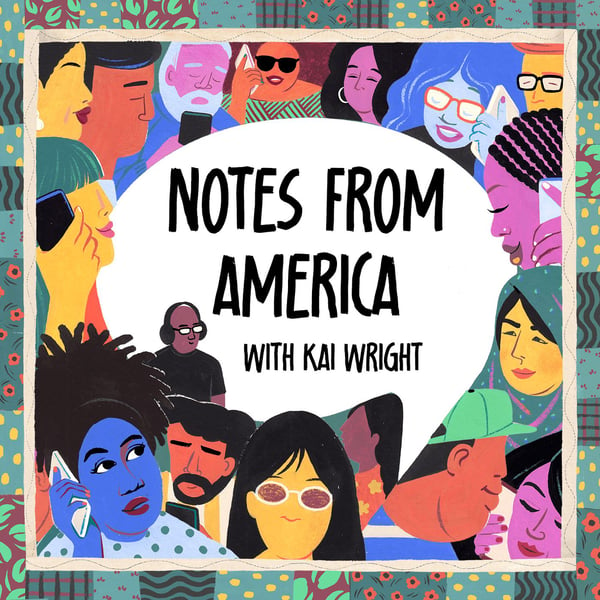To Protect and Observe: A History
Notes from America with Kai Wright
WNYC Studios
4.4 • 1.5K Ratings
🗓️ 26 July 2021
⏱️ 51 minutes
🧾️ Download transcript
Summary
Transcript
Click on a timestamp to play from that location
| 0:00.0 | This is the United States of Anxiety, a show about the unfinished business of our history and its grip on our future. |
| 0:08.0 | Should you be allowed to listen in as first responders respond to a crime? |
| 0:12.0 | Will free speech advocates argue yes. |
| 0:14.5 | You call back to let it says. |
| 0:16.1 | This app creates the transparency that allows all of us to be safer. |
| 0:20.6 | How will you know if there's news? |
| 0:22.4 | If the NYPD decides that they don't want you to know, you're not going to know. |
| 0:27.0 | It's not a conversation by cameras. It's a conversation about surveillance. |
| 0:30.0 | We're not there to catch video of police. at We've all been raised in infrastructure that thinks that the way that you saw violence is through |
| 0:44.1 | policing. |
| 0:45.1 | It's not just actually being safe, it's feeling safe, and there's a huge distinction there. |
| 0:49.1 | And what I would tell them is that you're part of this, you're part of the solution here. Welcome to the show. |
| 0:57.0 | I'm Kai Wright. |
| 0:59.0 | Before we get started tonight, I want to note the death of civil rights organizer Bob Moses. |
| 1:05.0 | He passed earlier this evening at the age of 86. |
| 1:08.6 | We talked a lot about voting rights lately. |
| 1:10.8 | Bob Moses was among those who helped create the right we are now fighting to keep. |
| 1:15.8 | So rest in peace, sir. |
| 1:18.3 | This spring, Darnella Frazier gained reluctant notoriety as the person who documented George Floyd's murder. |
| 1:24.0 | The 17-year-old young woman was walking with her nine-year-old cousin |
| 1:28.4 | when she saw Floyd struggling for his life and turned on her phone's camera. |
| 1:32.3 | Without that recording there would likely be little |
... |
Please login to see the full transcript.
Disclaimer: The podcast and artwork embedded on this page are from WNYC Studios, and are the property of its owner and not affiliated with or endorsed by Tapesearch.
Generated transcripts are the property of WNYC Studios and are distributed freely under the Fair Use doctrine. Transcripts generated by Tapesearch are not guaranteed to be accurate.
Copyright © Tapesearch 2025.

